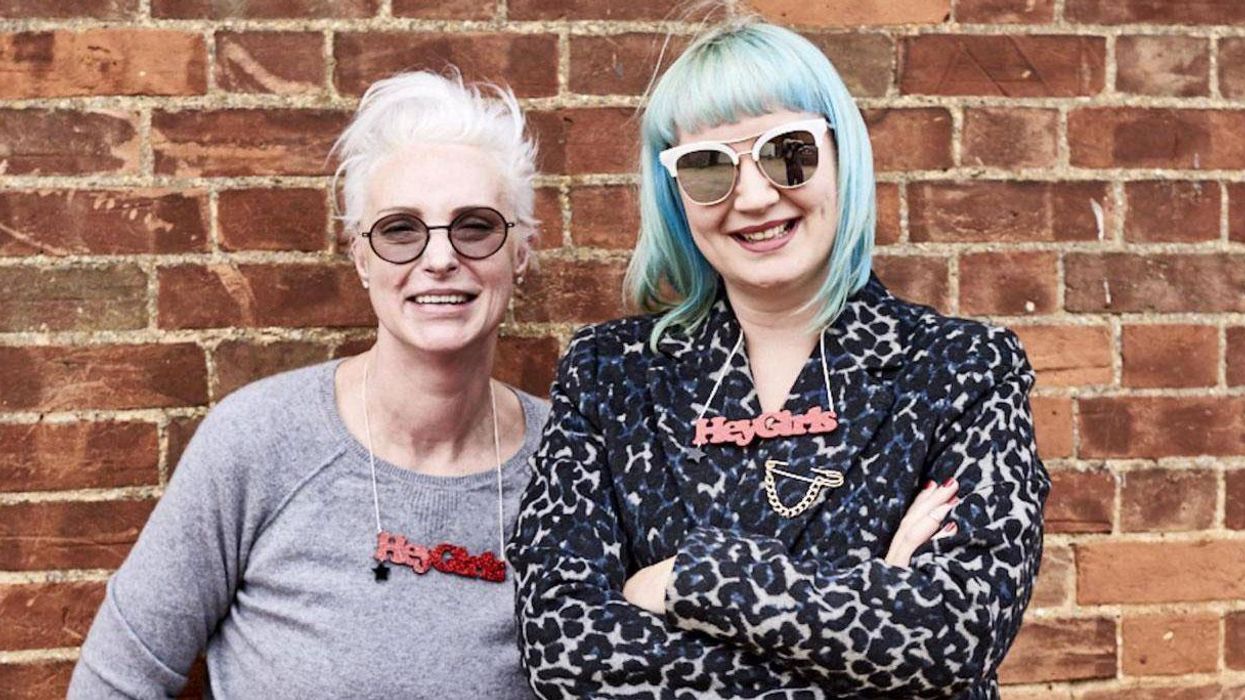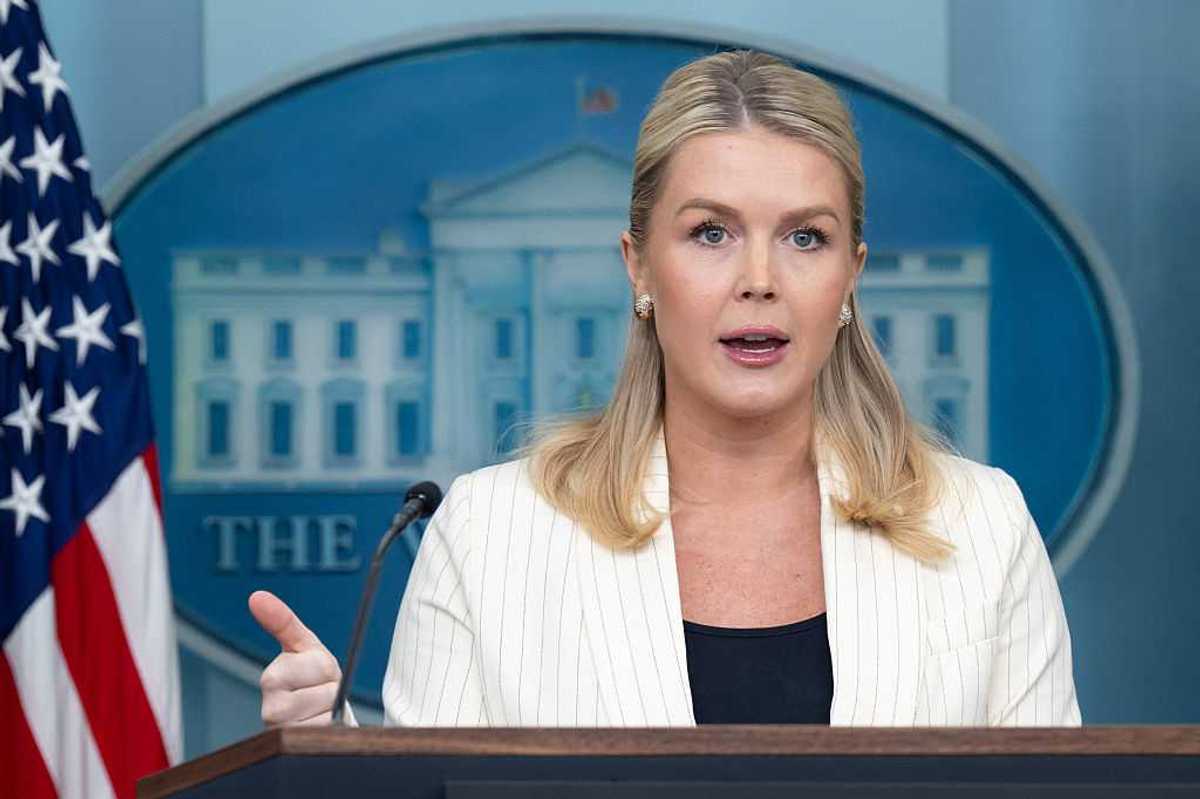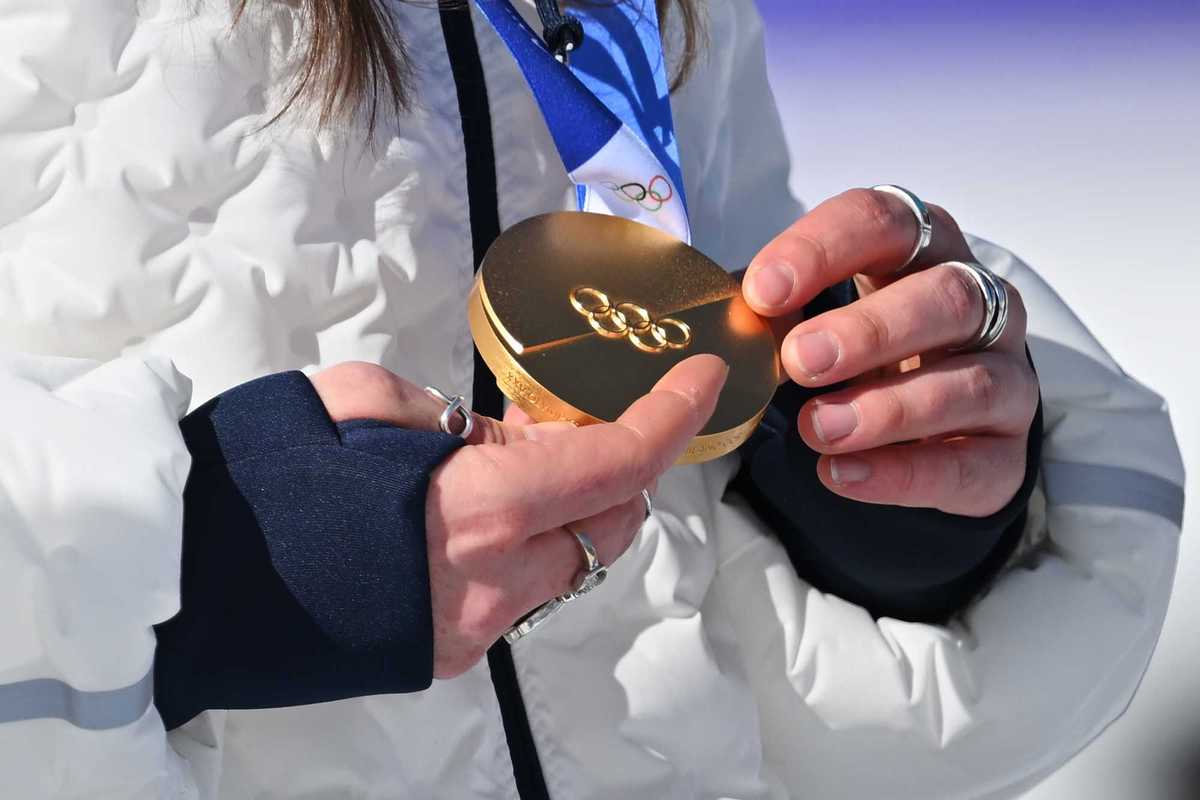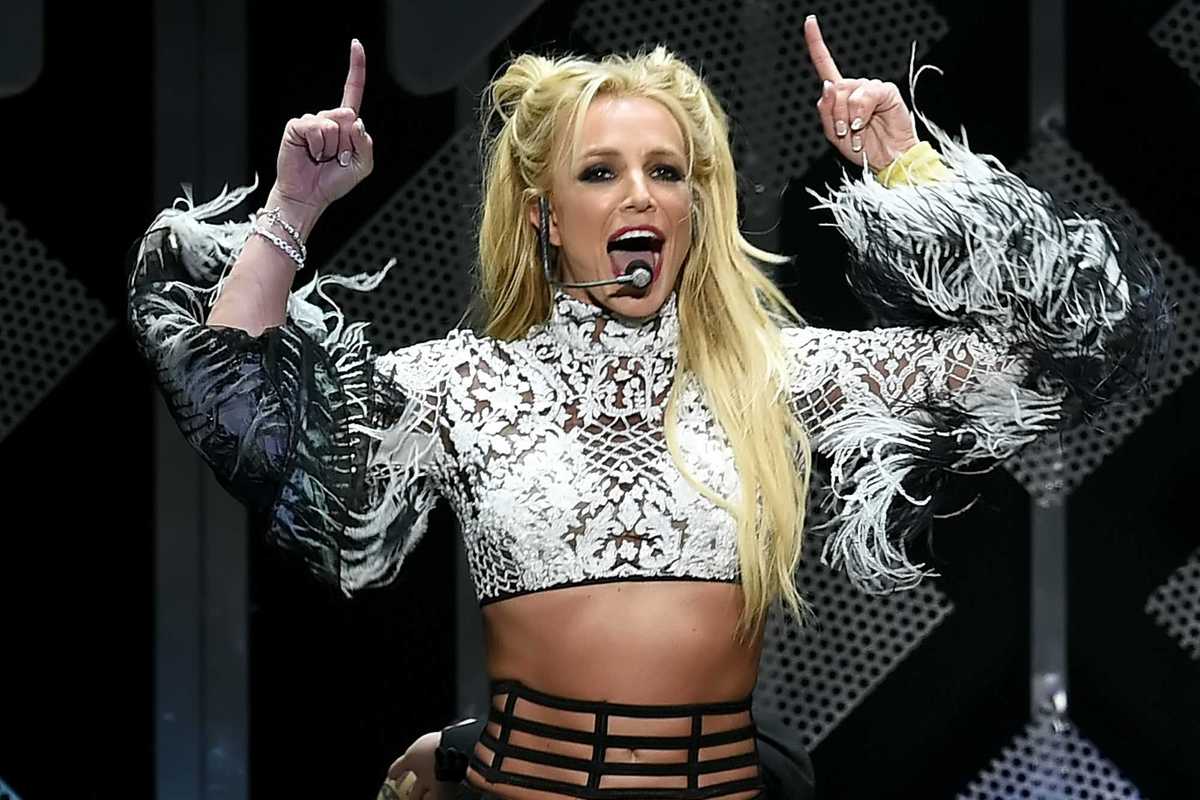Viral
Mimi Launder
Mar 22, 2018

Celia Hodson thought she was the only one.
Too poor to buy sanitary towels or tampons, she turned to toilet roll instead. At one point, that was all she had left.
I can remember crying when I dropped a loo roll down the toilet because I didn't have another loo roll.
That was the family loo roll.
Unable to afford sanitary products, two-fifths of girls have been forced to use toilet roll, according to a survey by girls’ rights charity Plan International UK. Seven per cent of girls even said they have used socks, other fabric, newspaper or paper to manage their period.
This is ‘period poverty’, the desperate situation nearly one in five women in Scotland have found themselves in.
Hey Girls, a social enterprise launched by Celia in January this year, is changing that. Before, Celia was a single mother on benefits who thought she was alone. Now, she is helping lead the conversation on a shameful, unspoken struggle that is in fact all-too-common.
Celia was already working in social enterprise when she became aware of the “quiet conversation” rising around period poverty, an issue she was painfully intimate with. Her non-profit delivers sanitary products to food banks, schools, women’s groups and more with a simple business model: for every box of sanitary towels bought, the company donates another to someone in need.
Hey Girls was careful to have “beautiful boxes” designed by young girls and full of inspiring messages. To those receiving donations, the enterprise wanted to drive home the message that someone, somewhere bought this box to ensure that you received sanitary product too.
When you’re living in poverty, you’re used to making do. So our donations are one for one, so exactly the same box you would buy in a health shop or online is exactly the box we give to people in a food bank.
Celia admires the “wonderful campaigners” influencing government policy when it comes to periods, comparing their immense efforts to “turning a super tanker”. Hey Girls, however, has sailed through far calmer seas.
From receiving her first shipment of Hey Girls products – you can get an app to track the product, and Celia dutifully stood on the shore waving in the container as if it were a family member– to donating 3,500 boxes of sanitary towels within the first month, as Celia told The Independent, the idea has been an undeniable hit.
Why was it so popular, so fast?
I think that appealed to lots of people like myself who could go 'You know what, for £3.25, I could buy myself something that I'm going to buy anyway and I'm going to help somebody else.'
Why wouldn't you do it?
I think that's why it's been so well-received because it's been an obvious thing to do.
Living in period poverty: ‘It just gets harder and harder’
In her own words, Celia got married too young. Splitting up with her partner meant that she brought up her children – now in their late 20s and early 30s – on benefits.
If your ability to buy food is threatened by the cost of sanitary products, the choice is obvious. Celia went without to ensure her daughters could have the best possible access to products that she could afford.
Long term, it just gets harder and harder and harder because you have no reserves. You have no stocks at the back of your cupboard.
She added:
When you find yourself hard-up, you make do with that you have and you scrape the bottom of the shampoo out, and all those things.
But actually when all of that has gone, and there is no longer anything in your bathroom cabinet, then it really starts to bite.
You might be familiar with that slight panic when you don’t have sanitary products on you. It was a feeling Celia experienced all the time when she lived in period poverty.
For kids still in school who are forced to use socks, paper towels sellotaped into knickers and whatever they can get their hands on (“It never ceases to amaze me how girls are managing,” said Celia), this can have disastrous consequences.
It’s an accumulative thing. It builds and builds. It means you probably don’t want to take part in school, you absolutely won’t want to be taking part it games, you won’t be going swimming.
It pushes you down into a space and it just doesn’t let you be yourself, be confident, be competitive.
With a fifth of the UK population now in poverty amid the worse decline for children and pensioners in decades, Celia thinks that living in period poverty is even tougher now:
It's far more fragile than it was, so people's benefits shift and they don't feel like they're in control.
We avoid talking about periods anyway - referring to menstruation with a whisper as the mysterious Aunt Flo, the disturbing Crimson Tide and the bizarre The Red Bad of Courage. So imagine the intensified shame and fear of stigma when you can’t afford sanitary products.
But Hey Girls is helping open up conversation. Within the floods of emails that greet Celia every morning are stories about people's own struggles. This shared connection is partly why the enterprise means so much to so many.
The more we talk about it and the more we share stories, the more comfortable people will be with accessing help and asking for what they need, a conversation Celia thinks it is already getting louder:
I give lots of presentations and it used to be that, as soon as I started talking about periods, the men looked down… Now, you talk about the stats, and they start to look up and blink a little bit, and you think ‘oh, you are listening to this significant issue’.
Celia is also focusing on the small details that are often overlooked. For example, she is pushing for baskets full of supplies to be placed throughout schools alongside existing indiscreet vending machine that might have to be pumped six times to get enough supplies for the weekend.
More thinking also needs to put into how sex education is implemented (“right now, it can be just ten minutes pinned onto the edge of a lesson," said Celia) and with girls hitting puberty earlier and earlier, more debate on what age it should start:
There needs to be more listening and less head-counting.
Bloody Big Brunch kicked off earlier this month in Glasgow where the currency is sanitary products and the conversation is menstruation. Essentially, you bring a long a packet of pads or tampons and exchange them for a Bloody Mary or 2. All donations will go to the Trussell Trust. The Bloody Big Brunch will go on tour up and down the UK, to build awareness around period poverty, and get rid of the taboo around this bloody issue. Find out more on Facebook, Instagram and Twitter.
Top 100
The Conversation (0)













